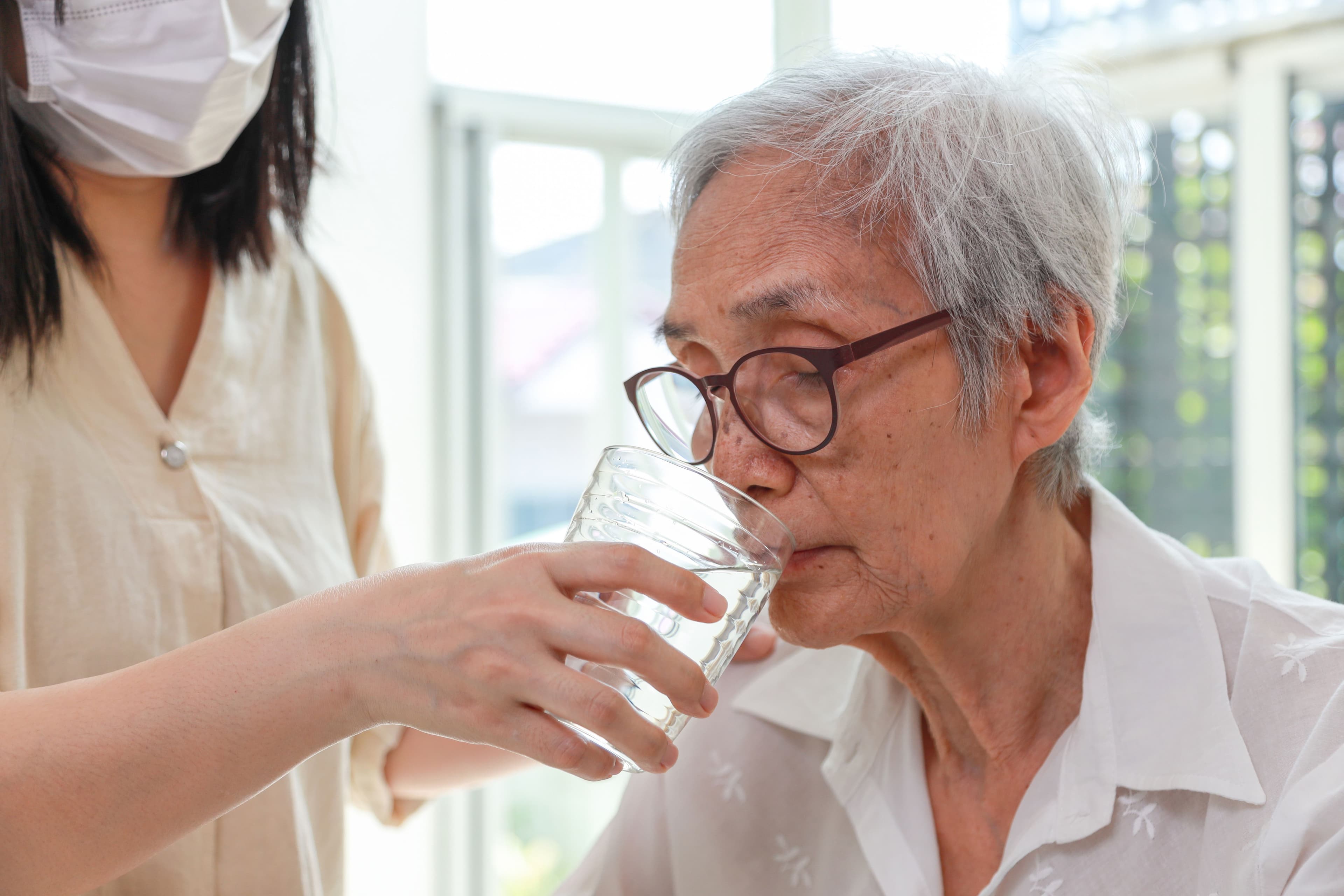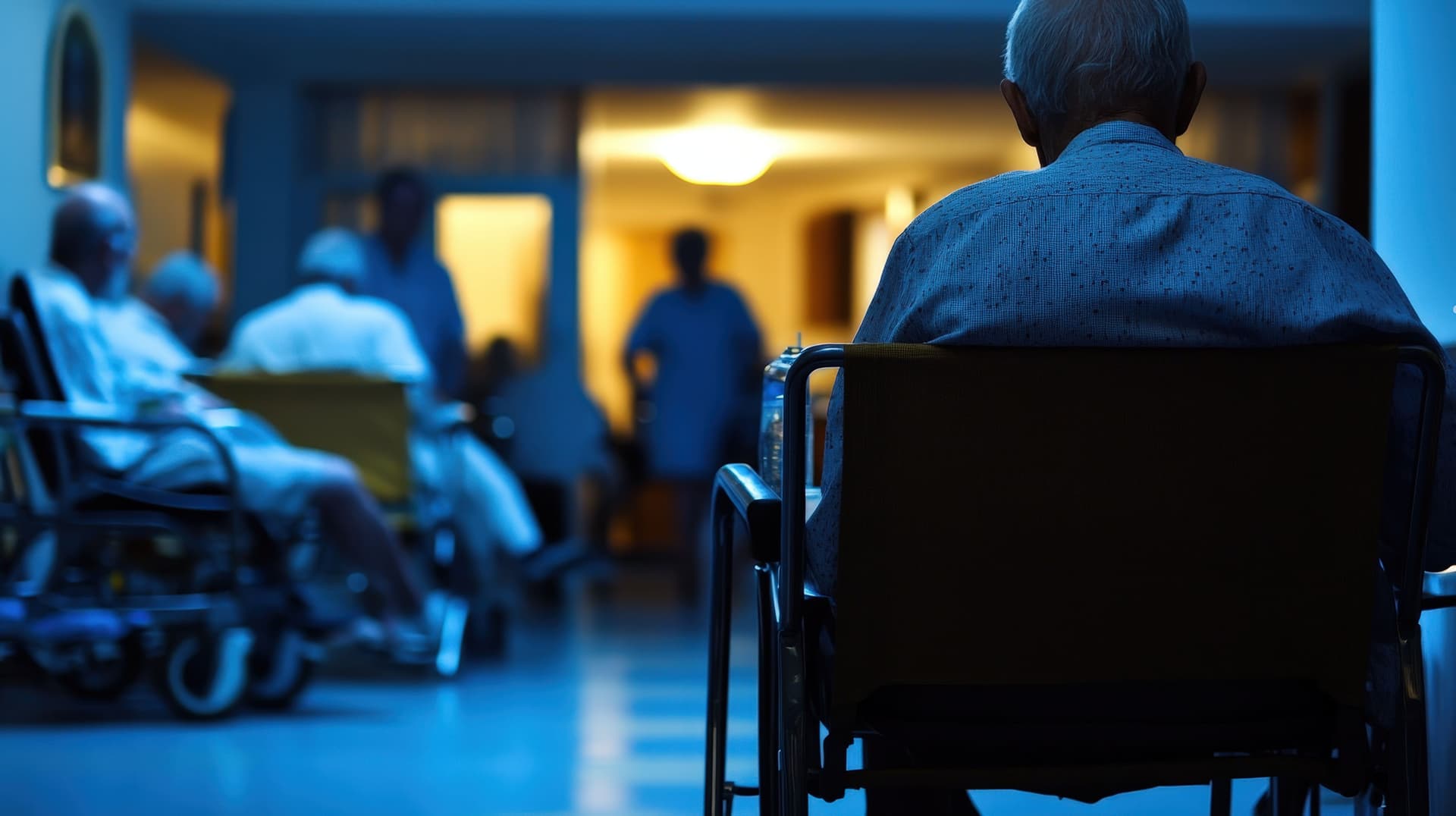
Nursing home abuse and neglect put vulnerable residents at serious risk, leading to malnutrition, dehydration, infections, and preventable injuries. When facilities fail to provide adequate care, residents suffer, and families are left feeling helpless. Lack of supervision, improper medical treatment, and unsafe conditions can result in devastating harm. Understanding the warning signs, knowing your legal rights, and holding negligent facilities accountable are crucial steps in protecting your loved ones. Learn how to take action and seek justice.
November 10, 2025
3 min
Nutrition and hydration are basic human needs—and in nursing homes, meeting those needs is a legal and moral obligation. Yet across the United States, and increasingly in Ohio, elderly residents are suffering from dehydration and malnutrition caused by neglect.
These conditions are not mere oversights. When a resident becomes dangerously dehydrated or malnourished, it almost always reflects systemic failures: understaffing, poor supervision, or deliberate disregard for residents’ well-being.
Families often notice the signs first—a loved one who looks thinner, weaker, or confused. Recognizing and addressing these warning signs early can save lives.
Elderly individuals are especially vulnerable to dehydration and malnutrition because of age-related changes in metabolism, medication side effects, and chronic illness.
When caregivers fail to monitor nutrition and hydration, the results can be catastrophic. Consequences may include:
Even mild dehydration can rapidly become life-threatening for an elderly resident. That’s why proper nutrition and hydration are not optional—they are essential medical responsibilities.
Most cases of dehydration and malnutrition in nursing homes are preventable. They typically result from chronic neglect or poor facility management.
When too few caregivers are responsible for too many residents, meal times are rushed, feeding assistance is skipped, and residents who need help eating or drinking simply go without.
Each resident has unique dietary and hydration needs based on medical conditions, medications, and mobility. Facilities that fail to update care plans or track intake place residents at serious risk.
Conditions such as diabetes, dysphagia (difficulty swallowing), or dementia require special attention during meals. Untrained or inattentive staff may fail to recognize these challenges.
Budget cuts often lead to poor-quality food that residents refuse to eat. In some cases, facilities reuse meals or fail to meet caloric and nutritional requirements.
Ohio regulations require staff to record food and fluid intake for residents at risk. When this isn’t done, early signs of decline go unnoticed until a medical crisis occurs.
Each of these failures constitutes negligence—a breach of the nursing home’s duty to provide adequate care and supervision.

Federal and Ohio laws establish strict requirements for nursing home care.
Under the Nursing Home Reform Act (42 U.S.C. § 1395i-3) and Ohio Administrative Code 3701-17-09, facilities must:
When a nursing home fails to meet these standards, it can face civil penalties, license revocation, and civil lawsuits for neglect or wrongful death.
Families visiting loved ones should pay close attention to changes in physical appearance and behavior. Warning signs include:
If your loved one shows several of these signs, it may indicate serious neglect requiring immediate action.
If you suspect dehydration or malnutrition, act quickly. Time is critical to prevent irreversible harm.
To establish a successful legal claim, a family must show that the nursing home failed to provide adequate nutrition or hydration, and that this failure caused harm. Evidence may include:
When the evidence shows that a facility ignored warning signs or failed to act, the case may support claims for negligence, elder abuse, or wrongful death.
Families whose loved ones suffer or die due to malnutrition or dehydration may be entitled to compensation for:
These cases also help drive reform by holding facilities accountable and ensuring that future residents receive better care.
Dehydration and malnutrition are among the most underreported forms of nursing home neglect. According to national studies, up to one in three nursing home residents suffers from malnutrition, and more than half experience dehydration at some point during their stay.
In Ohio, inspections by the Department of Health frequently cite facilities for failure to monitor dietary intake or provide sufficient meal assistance. These citations underscore the need for stronger oversight—and for families to remain vigilant.
Attorney Michael Hill, based in Cleveland, Ohio, is a dedicated advocate for victims of nursing home neglect. He understands how dehydration and malnutrition often point to deeper systemic failures.
Michael works with families to:
Michael’s goal is simple: to restore dignity and justice for vulnerable seniors who have suffered from preventable neglect.
Dehydration and malnutrition in nursing homes are not minor oversights—they are serious warning signs of neglect. When facilities fail to provide proper nutrition and hydration, residents’ health declines rapidly, and lives are put at risk.
Families have both the right and the power to act. By documenting issues, reporting violations, and seeking legal help, you can protect your loved one and ensure accountability.
If your loved one has suffered dehydration, malnutrition, or unexplained weight loss in an Ohio nursing home, Attorney Michael Hill can help. With experience in elder neglect cases across Ohio and the U.S., he stands ready to uncover the truth, pursue justice, and fight for the safety and dignity every senior deserves.